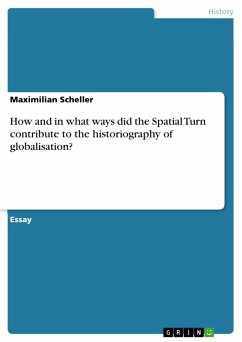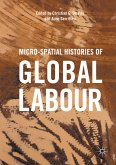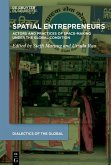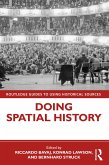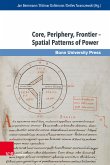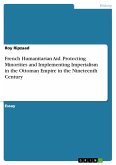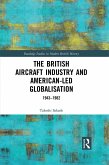Essay aus dem Jahr 2023 im Fachbereich Geschichte - Sonstiges, Note: 2,0, University of Exeter (History Department), Veranstaltung: Empire and Globalisation, Sprache: Deutsch, Abstract: The experiences of acceleration and globalisation could also be responsible for the "disappearance" of space as a category. The fact that the world and its dimensions are shrinking and that everything is, in a sense, merging and disappearing into one another through a constant acceleration of events, has given rise to the misunderstanding that space has lost its meaning. Especially in globalisation research, therefore, the urgency of the new concept of space became apparent. With events such as the 9/11 terrorist attacks, the vulnerability of physical space emerged as a kind of "master narrative". From then on, globalisation was no longer just the global networking of goods and knowledge but also revealed a more profoundly expanded field in which not only physical space plays a role. However, this requires the right scaling in the form of the right "altitude", or rather the right spatial framework. Jürgen Osterhammel, one of the most influential global historians from Germany, puts it in a nutshell with his question: "How high "into the air" do you have to rise to gain which overview?" He describes this as undoubtedly one of the most important methodological questions that historians must also address. These questions were answered by the Spatial Turn, which was launched by several human geographers at the end of the twentieth century. This ensured that historical scholarship, too, became more concerned with space as an analytical tool of historiography - especially for understanding globalisation.
Dieser Download kann aus rechtlichen Gründen nur mit Rechnungsadresse in A, B, BG, CY, CZ, D, DK, EW, E, FIN, F, GR, HR, H, IRL, I, LT, L, LR, M, NL, PL, P, R, S, SLO, SK ausgeliefert werden.
Hinweis: Dieser Artikel kann nur an eine deutsche Lieferadresse ausgeliefert werden.

